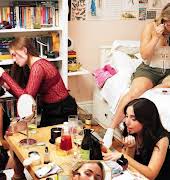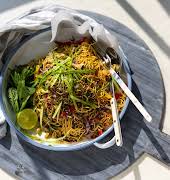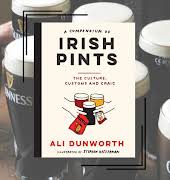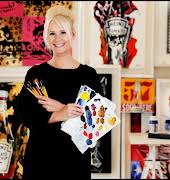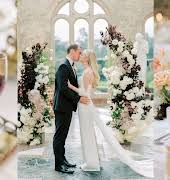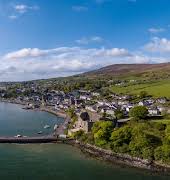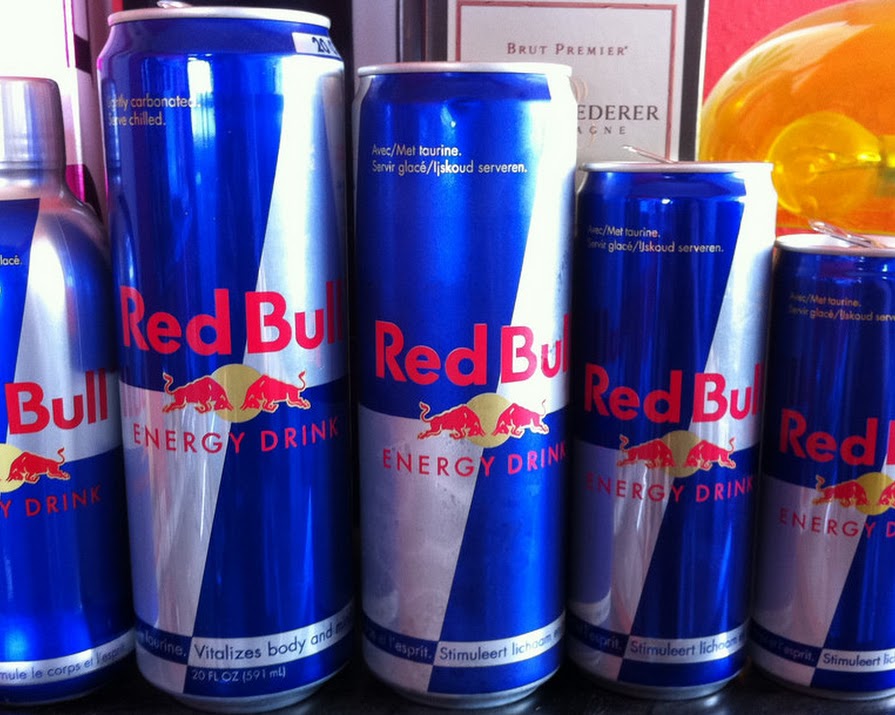By Grace McGettigan
31st Aug 2018
31st Aug 2018
Government ministers in the UK have announced plans to ban the sale of energy drinks to children; though the exact age limit is yet to be decided. The initiative, which would see restrictions placed on the likes of Red Bull and Monster Energy, is linked with the ongoing strategy to reduce childhood obesity.
Figures show these energy drinks have 60% more calories and 65% more sugar than normal soft drinks. According to SafeFood, one 500ml bottle of Mountain Dew contains 17 teaspoons of sugar, while a can of Monster Energy has 14 teaspoons of sugar. Is it any wonder more than a quarter of children are obese?
Related: Scientists have found a way to banish your sweet tooth
Speaking during her tour of South Africa yesterday, Prime Minister Theresa May said, “Childhood obesity is one of the greatest health challenges this country faces, and that’s why we are taking significant action to reduce the amounts of sugar consumed by young people and to help families make healthier choices.” She added, “It is vital that we do all we can to make sure children have the best start in life.”
The UK government also hopes that the ban on energy drinks will tackle the issue of high-caffeine consumption among children. A 250ml can of Red Bull contains 80mg of caffeine, approximately three times more than the same volume of Coca-Cola. Meanwhile, a 500ml can of Monster Energy contains 160mg of caffeine.
While these drinks aren’t marketed towards children (current labelling rules require any drink containing more than 150mg of caffeine per litre to have a warning which says, ‘High caffeine content: Not recommended for children or pregnant or breastfeeding women’), yet more than two-thirds of children in the UK consume these drinks on a regular basis. The government there hopes that an outright ban would prevent this from continuing.
Celebrity chef Jamie Oliver, who has long been campaigning for the ban, told the Daily Mirror, “Too many children are regularly using them to replace breakfast. Teachers from across the country have told me how their lessons are disrupted in classrooms because of these drinks, packed with stimulants. It’s really great news that the government is announcing their intention to stop selling these drinks to kids. I’m sure parents and health experts across the UK will happily tell the government this is the right thing to do.”
The UK government will continue to discuss plans for the ban until 21st November. It seems the biggest question is whether the age limit will be set at 16 or 18. Ministers promise to consider all the evidence; including advantages and disadvantages, as well as alternative options before making their final decision.
There are currently no plans for the Irish government to ban the sale of energy drinks to children, though some retailers have taken on the responsibility themselves. Since 1st March, Aldi Ireland has refused to sell highly caffeinated drinks to anyone under the age of 16. On 5th March, Boots Ireland followed suit. “Helping our customers to live healthier lives has always been our core purpose. We have listened to the growing public concern about young people consuming these high sugar, highly-caffeinated drinks,” a Boots spokesperson commented at the time. “We are doing the right thing in our stores in Ireland to help further restrict their access.”
Photo labelled for reuse by Choubistar, via Flickr

